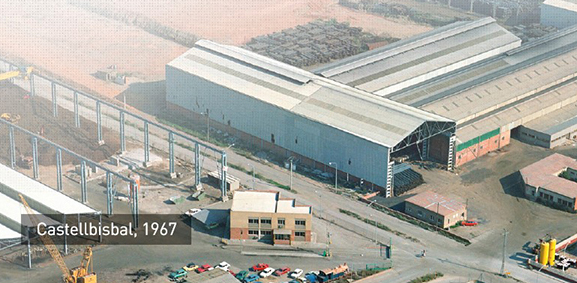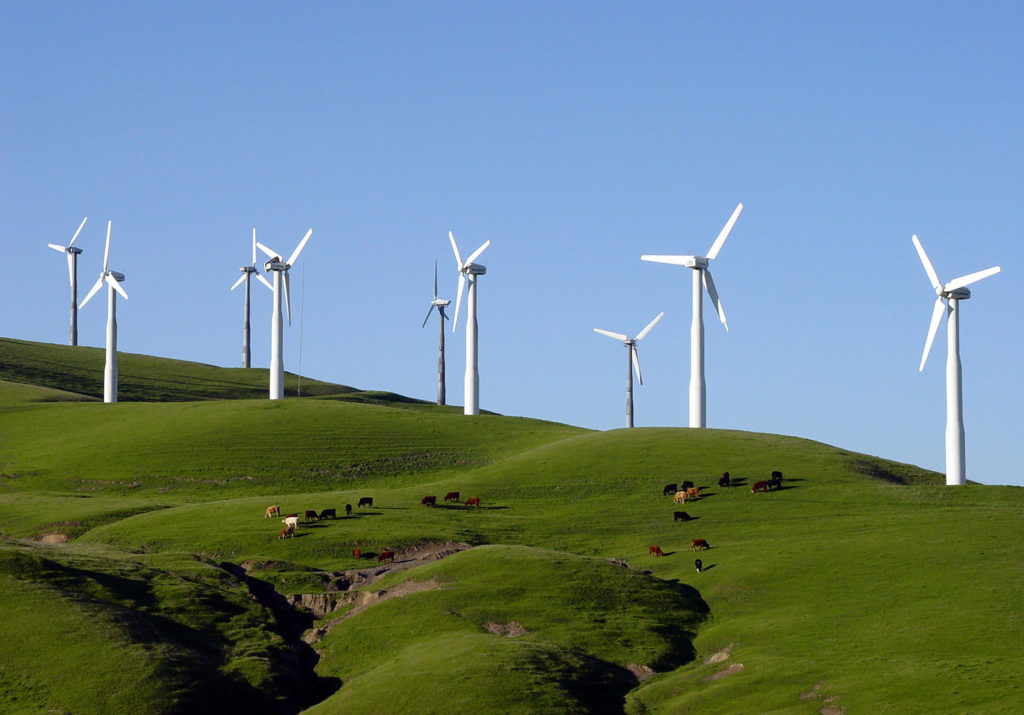We are Celsa
Moreda Riviere Trefilerías is part of the Celsa group, an European leader in the production of low-CO2 circular steel. It produces steel in electric arc furnaces, using the most sustainable and energy-efficient technology from recycled ferrous scrap.
The company is made up of several business groups and has several work centers, steel mills, rolling mills, and recycling plants (circular hubs), as well as processing and distribution companies, which provide direct and indirect employment to more than 10,000 professionals in Europe.
5.40+ million tonnes produced annually
7.01+ million tonnes recycled annually
11,000+ direct and subcontracted professionals employed
+ 6.000 million euros of annual turnover
28.592 puestos de trabajo directos e indirectos
8 millones de toneladas recicladas anualmente
7 millones de toneladas producidas anualmente
2.682 millones de euros en inversiones en los últimos 15 años
120 centros de trabajo distribuidos por todo el mundo
4.120 millones de euros de facturación en 2019
The origins of Celsa
In the 1960s, when the steel sector was booming thanks to the construction boom, Francesc Rubiralta Vilaseca, together with his brother Josep Maria, created the “Spanish Lamination Company S.A.”, Celsa, dedicated to the manufacture of corrugated steel.
Already at the forefront of innovation, in 1977 Celsa opened its first electric arc furnace in Sant Andreu de la Barca (Barcelona), which allowed it to significantly increase production and market share. Celsa’s decision to produce steel by recycling scrap metal was to be key in terms of respect for the environment, already aware from the outset that they must be part of the solution to the planet’s main systemic risks.
Over the years, it has become a benchmark for international steel, with the acquisition of a large number of companies, a development focused on product diversification along with its vertical integration, upstream and downstream.

Celsa today, a leader in the transformation of the steel industry

Celsa’s purpose is to give infinite life to finite natural resources. By choosing from the outset to produce steel using electric arc furnaces (recycling scrap) instead of blast furnaces, Celsa has opted for a production model focused on sustainable development. In fact, today, Celsa is already a low-carbon (CO2) company and the first circular steel producer in Europe.
However, far from being satisfied with this, Celsa (whose vision is to lead the generation of circular production chains to contribute to the transition towards a positive impact economy) has set the following main objectives: by 2030, to reduce CO2 emissions (scope 1 and 2) by 50% and achieve 98% circularity, and by 2050, to be a “Net Positive” company.
To achieve this, Celsa continues to work on innovation projects related to energy and emissions, circularity, digitalization, and people. More than €23 million is invested annually in R&D.

